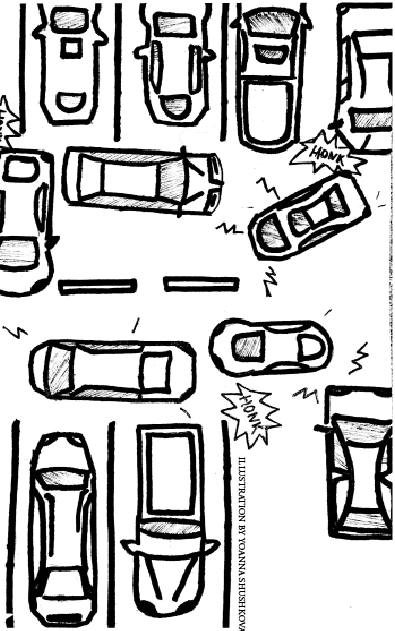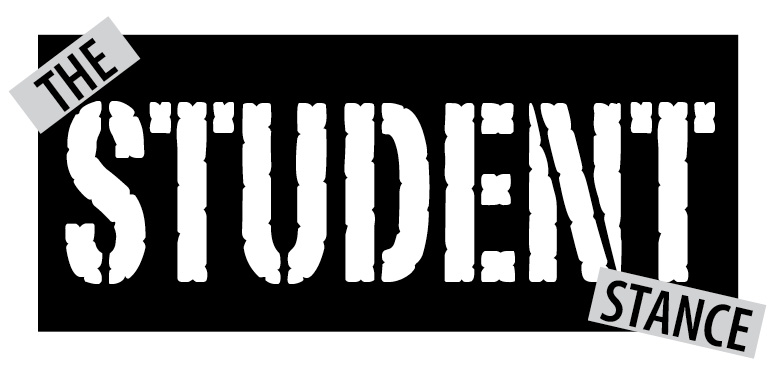
Should participation in the Academic Fair be mandatory for high school students?
BY PENELOPE REALFF
Doing an Academic Fair project, although dreaded by many participants due to the amount of effort required to complete one successfully, is actually one of the best things that a high school student can do to get ready for the real world, whether they are planning to go to college or get a job after graduation. These projects foster real problem solving skills as well as get students interested in fields they never thought they would have any interest in.
The fair open doors to students that they never knew existed and never thought they would knock on. For a change, they get to create the lesson plan, they get to decide what question to explore, and moreover how to explore that question. They get a chance to control their education. In an everyday class, students don’t decide what is taught and they don’t necessarily have a connection to the material. By allowing students to choice the topic of their academic fair project, they get decide what they want to learn.
After choosing the field they want to learn about and the question they want to test, they get to use one of the most important skills they will need going into life after schooling: problem solving. This skill, which much too often is pushed aside for rote memorization, is key to becoming a functioning adult. By having to create the apparatus or survey instrument that will properly test their research question, they get to use their minds in a capacity that they have never exercised before.
Many jobs these days, even those that don’t require a college degree, require that you have some experience working with data, particularly data in a computer spreadsheet. Whether you are testing if Grady students like the cafeteria lunch or if solar panel technology makes since to install in your home, you must collect responses, organize theses responses, and show peers and experts how these numbers support or deny the question you are testing. This skill of not only collecting data, but also making the data mean something is important in many professions, even those outside of science, math, and social studies. This includes starting your own business or becoming a lawyer, where you must make decisions based on data collected.
Because of the massive workload required and strict dead lines, some students and parents think that the academic fair is too stressful and should not be required. However this type of stress is similar to the deadlines for college papers or work tasks that students will see in their not-too-distant future. Life is full of deadlines that are longer than a couple days and learning to manage your time in high school, when you still have the safety net of parents and teachers, is important to you future success. With the learned time management skills, you can cope with the long deadlines when your job or college degree is on the line.
While many students groan when teachers announce that they will have to turn in an academic fair project, some have a change of heart and mind during the project. They realize that the experience is actually teaching them to become independent thinkers, pushing towards a successful future outside of high school. The benefits of this project cannot be over sold since it fosters so many important skills that students will need not only now in high school but, for many years to come.



